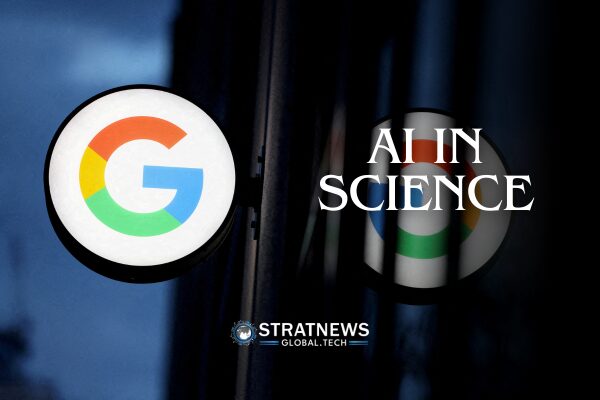AI-Powered Collaboration in Scientific Research
Google has developed an advanced AI tool designed to act as a virtual collaborator for biomedical scientists, the company announced on Wednesday. The new technology, tested by researchers at Stanford University and Imperial College London, uses sophisticated reasoning to help scientists process vast amounts of literature and generate innovative hypotheses.
With AI becoming more prevalent in various industries—from customer service to legal research—Google aims to harness its potential for scientific discovery. This latest development comes from DeepMind, Google’s AI division, which has prioritized science as a key area of focus.
Google AI’s Role in Biomedical Research
Google’s AI tool has demonstrated the ability to enhance scientific problem-solving. In an experiment on liver fibrosis, all proposed approaches showed promising potential in inhibiting the disease, the company reported. The AI system not only suggested viable solutions but also improved upon expert-generated ideas over time.
While these findings are still in early stages and require further validation, Google believes AI could significantly accelerate scientific breakthroughs. The company sees its AI co-scientist as a tool to enhance expert work rather than replace human researchers.
Enhancing Collaboration, Not Replacing Scientists
The AI system is expected to foster increased collaboration rather than reduce human involvement in research. Google scientist Vivek Natarajan emphasized that this tool would serve as an aid to researchers, helping to expand and refine their work.
DeepMind’s commitment to advancing AI in science was highlighted last year when its CEO, Demis Hassabis, was awarded a Nobel Prize in Chemistry for AI-driven discoveries. With this latest tool, Google continues to position AI as a transformative force in biomedical research.
With inputs from Reuters


